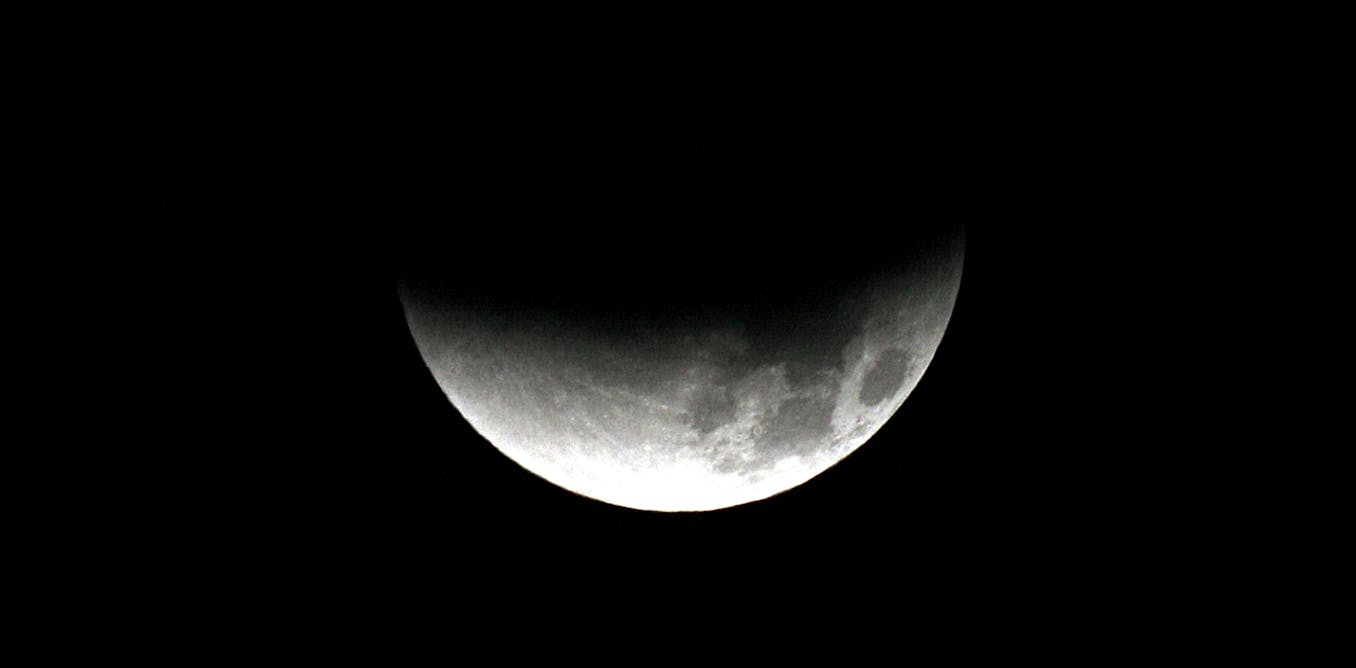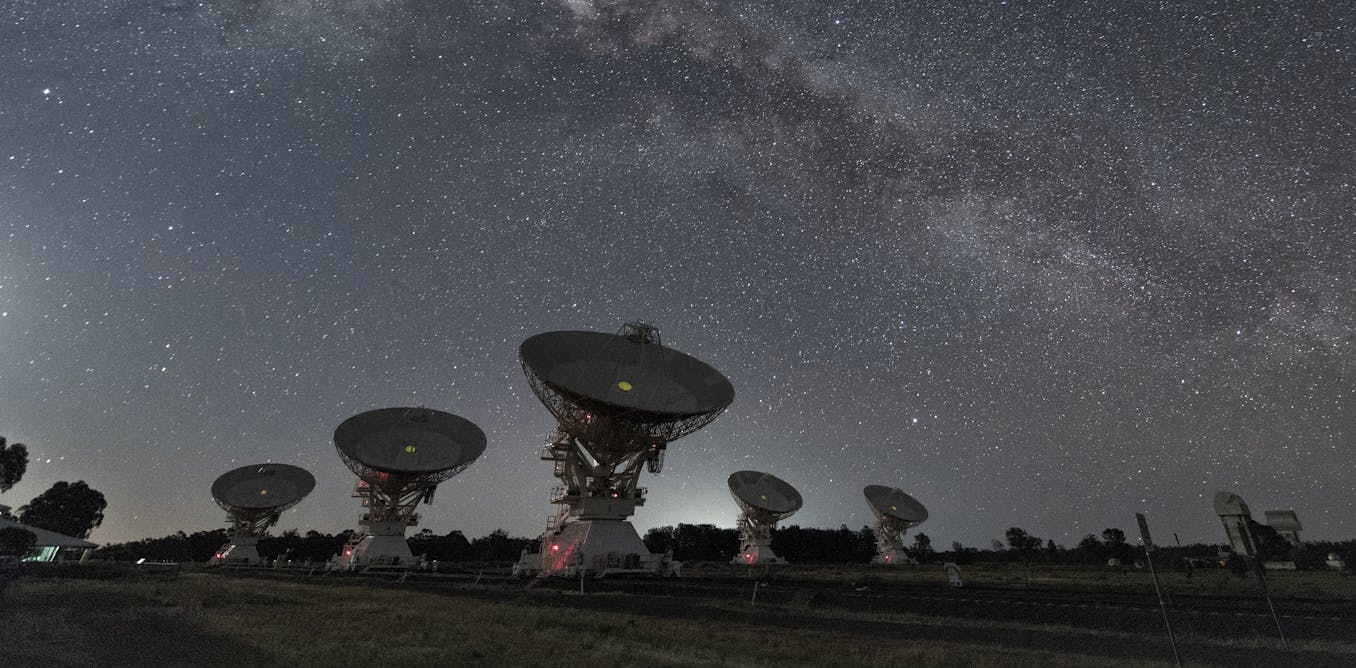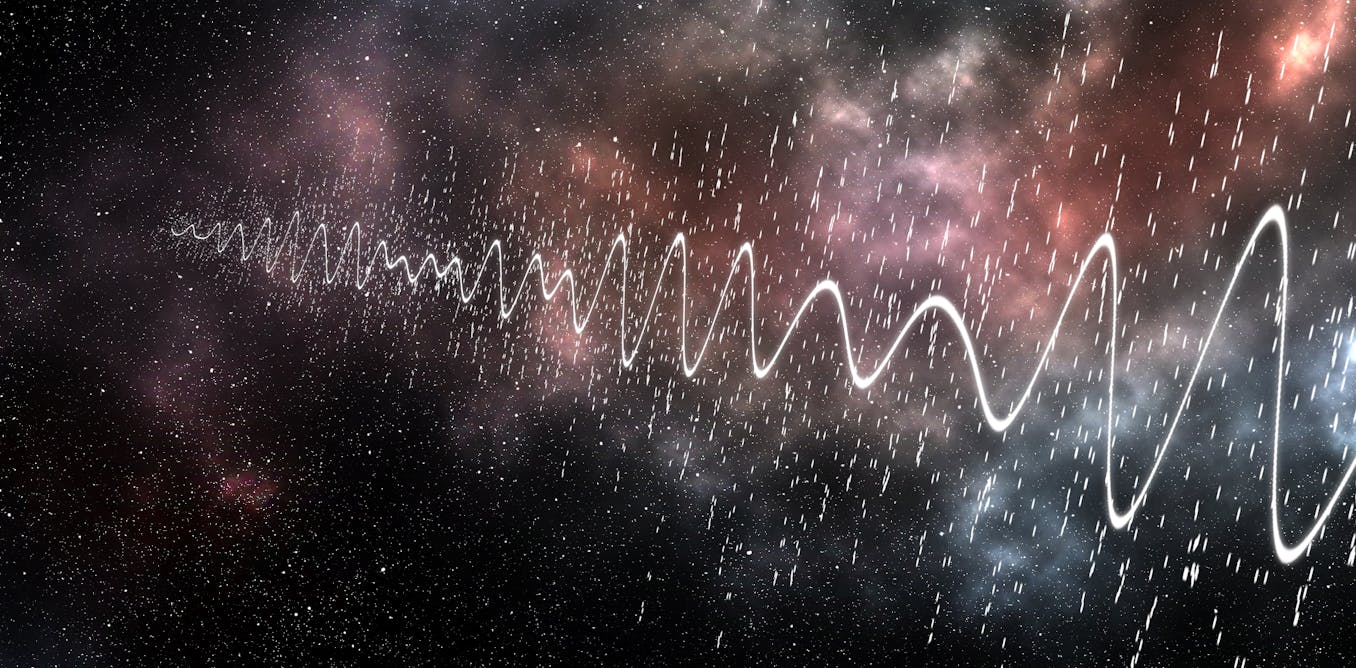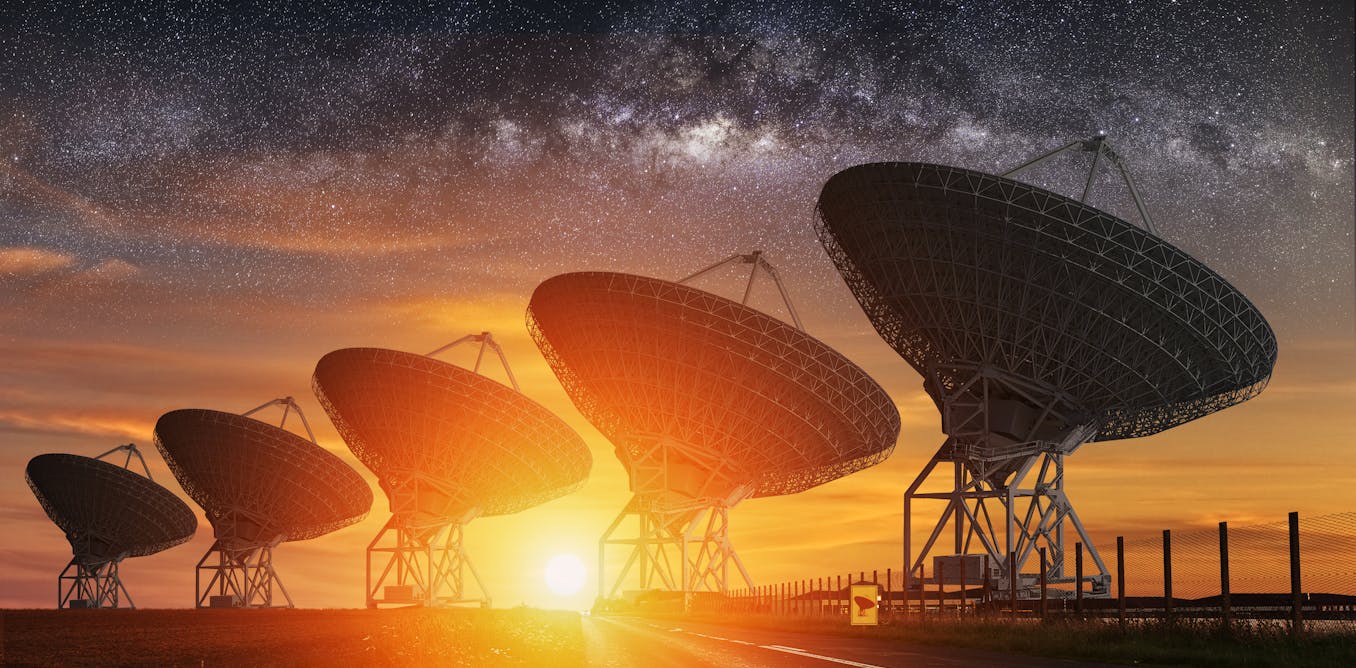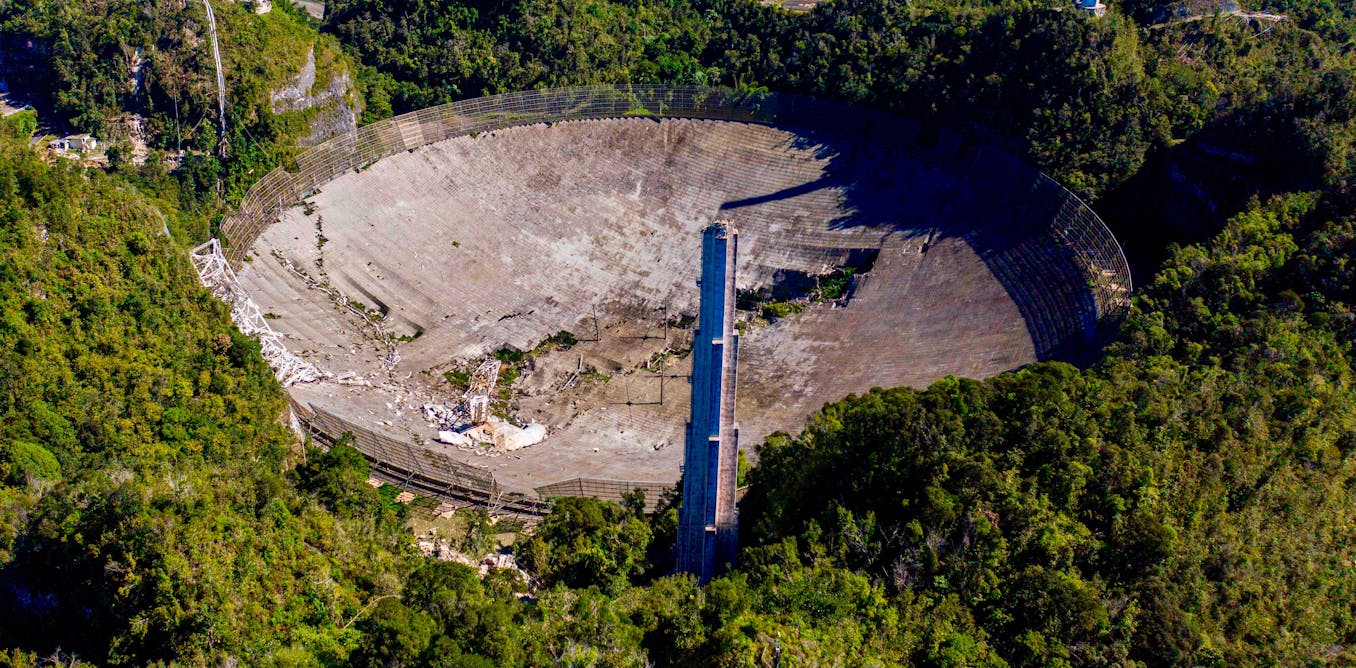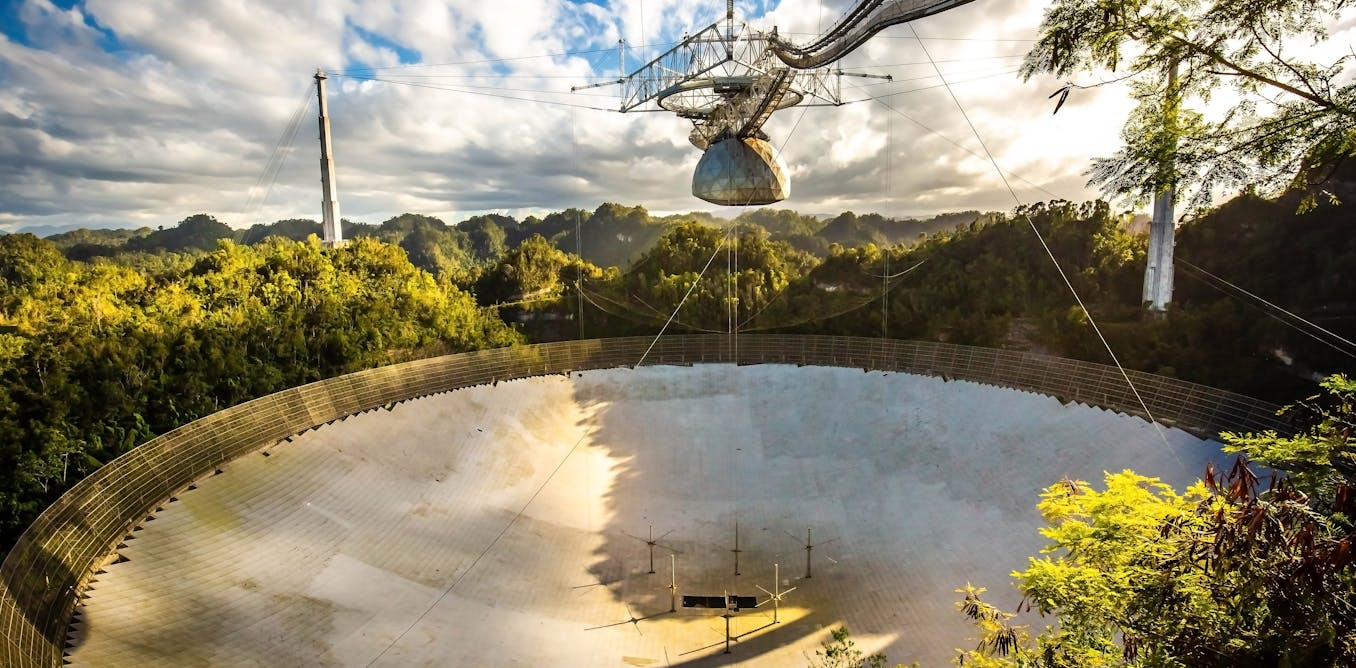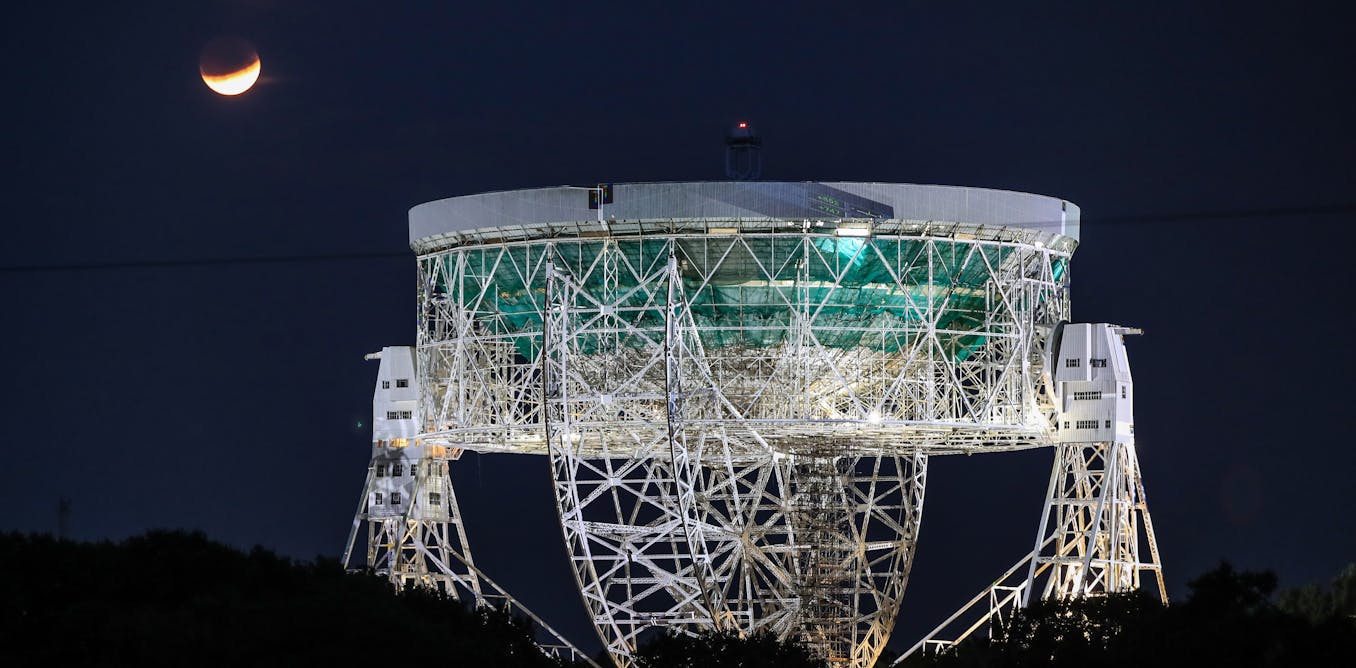The rush to return humans to the Moon and build lunar bases could threaten opportunities for astronomy
The best spots on the Moon for lunar bases are the same spots where scientists want to build telescopes − can these two interests coexist?
May 30, 2024 • ~7 min


